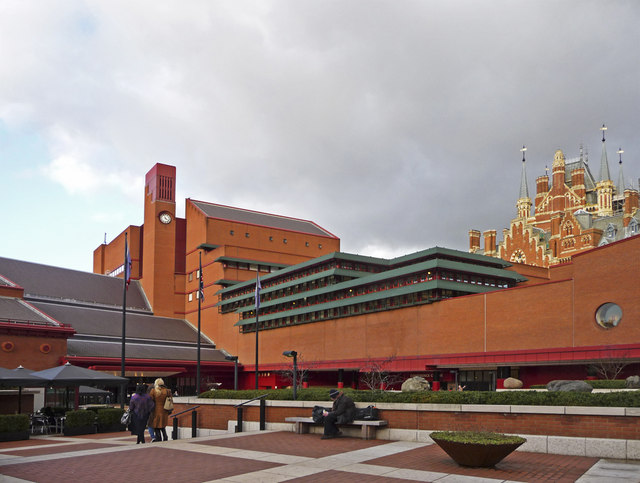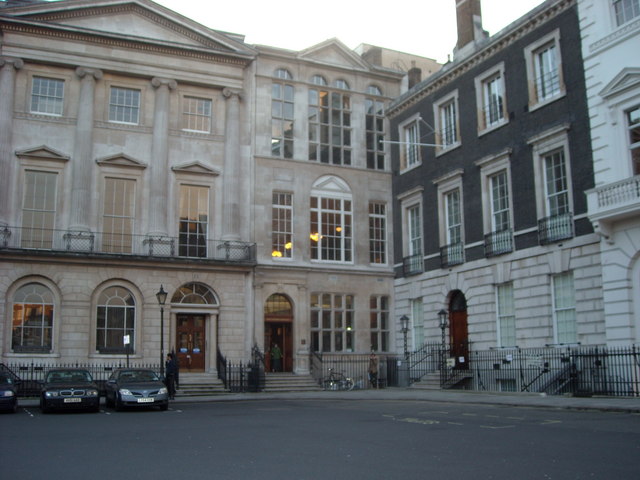 |
| British Library, by Christine Matthews |
The essays in this collection represent the explosion of scholarly interest since the 1960s in the pioneering feminist, philosopher, novelist, and political theorist, Mary Wollstonecraft. This interdisciplinary selection, which is organized by theme and genre, demonstrates Wollstonecraft's importance in contemporary social, political and sexual theory and in Romantic studies.It goes all the way back to the beginning, and I hope it will set to rest for once and for all the misconception that both author and magnum opus were shunned on its publication:
The book examines the reception of Wollstonecraft's Vindication of the Rights of Woman but it also deals with the full range of her work from travel writing, education, religion and conduct literature to her novels, letters and literary reviews.Most of the content, or possibly all of it, is reprints. Some of the essays go back over a century; some are much more recent:
As well as reproducing the most important modern Wollstonecraft scholarship the collection tracks the development of the author's reputation from the nineteenth century. The essays reprinted here (from early appreciations by George Eliot, Emma Goldman and Virginia Woolf to the work of twenty-first century scholars) include many of the most influential accounts of Wollstonecraft's remarkable contribution to the development of modern political and social thought. The book is essential reading for students of Wollstonecraft and late eighteenth-century women's writing, history, and politics.
 |
| London Library, by Bill Johnson |
What tense should we use for the forthcoming heavy-weight volume: has been edited? Is being? It can't take another six months to print and distribute a book, even if the physical presses are in deepest China. It's funny, isn't it: despite the rush-rush of modern life, so commented upon, some things were much quicker in Mary's day, particularly in the publishing business. Lyndall Gordon says A Vindication of the Rights of Men is "no hasty pamphlet" (chapter 7 of her biography Vindication), but from Mary's letters we know that as she was writing her books, the printer's devil was knocking on the door, wanting to take the manuscript pages to Joseph Johnson for typesetting. No luxury of writing an entire draft, and going back over it before the publisher saw it: rush-rush indeed.
And just look at the contents! This is only partial, but my goodness, am I partial. Random good bits in bold.
- Margaret Fuller and Mary Wollstonecraft, George Eliot;
- Mary Wollstonecraft: her tragic life and her passionate struggle for freedom, Emma Goldman;
- Mary Wollstonecraft, Virginia Woolf;
- Feminist studies and the discipline: a study of Mary Wollstonecraft, Virginia Sapiro;
- On the reception of Mary Wollstonecraft's A Vindication of the Rights of Woman, R.M. Janes;
- Mary Wollstonecraft: texts and contexts, Gary Kelly;
- Remembering Mary Wollstonecraft on the bicentenary of the publication of a Vindication of the Rights of Woman, Sylvana Tomaselli.
Part II Contexts: History, Politics, Culture: Wollstonecraft and Social, Philosophical and Political Theory:
- Mary Wollstonecraft: 18th-century commonwealthwoman, G.J. Barker-Benfield;
- Wollstonecraft, feminism, and democracy: 'being Bastilled', Virginia Sapiro;
- Mary Wollstonecraft and the 'reserve of reason', Simon Swift;
- The Enlightenment debate on women, Sylvana Tomaselli;
- Mary Wollstonecraft and Enlightenment desire, Janet Todd;
- Wollstonecraft, Education and Conduct Literature: Her demands for the education of woman, Emma Rauschenbush-Clough;
- Mary, Mary, quite contrary, or, Mary Astell and Mary Wollstonecraft compared, Regina Janes;
- Advice and enlightenment: Mary Wollstonecraft and sex education, Vivien Jones;
- 'The grand causes which combine to carry mankind forward': Wollstonecraft, history and revolution, Jane Rendall;
- Gender in revolution: Edmund Burke and Mary Wollstonecraft, Tom Furniss;
- For the love of God: religion and the erotic imagination in Wollstonecraft's feminism, Barbara Taylor;
- Sibylline apocalyptics: Mary Wollstonecraft's Vindication of the Rights of Woman and Job's mother's womb, Mary Wilson Carpenter;
- Death in the face of nature, self, society and body in Wollstonecraft's Letters Written in Sweden, Norway and Denmark, John Whale;
- Godwin's Memoirs of Wollstonecraft: the shaping of self and subject, Mitzi Myers;
- 'No equal mind': Mary Wollstonecraft and the young Romantics, Harriet Jump;
- Mary Wollstonecraft and the wild wish of early feminism, Barbara Taylor;
- Wild nights: pleasure/sexuality/feminism, Cora Kaplan;
- (Female) philosophy in the bedroom: Mary Wollstonecraft and female sexuality, Gary Kelly;
- Wollstonecraft, Slavery and the Orient: Mary Wollstonecraft and the problematic of slavery, Moira Ferguson;
- Wollstonecraft's Death: The death of Mary Wollstonecraft, Vivien Jones.
Wollstonecraft's Literary reviews:
- Mary Wollstonecraft's contributions to analytical review, Sally N. Stewart;
Wollstonecraft's Fictions – Mary, A Fiction and The Wrongs of Woman: or Maria, a Fragment:
- Mary Wollstonecraft: the gender of genres in late 18th-century England, Mary Poovey;
- Wollstonecraft and Godwin: reading the secrets of the political novel, Tilottama Rajan;
Wollstonecraft's Letters:
- Letters Written…in Sweden: toward Romantic autobiography, Mitzi Myers;
- Mary Wollstonecraft's letters, Janet Todd
Somehow I have to get my hands on a copy.
Images from Wikimedia Commons.
Oh my Goodness! I want a copy too... for the time being I'll see if my cheap library can buy it.
ReplyDeleteYou think this is extravagant? Just you wait till next Tuesday's book update!
ReplyDeleteI don't know how this is viewed in Britain, but in the U.S. the term "suffragettes" is not viewed positively by a good number of feminists because of the meanings of the suffix "...ettes." When I was first getting exposed to feminism and women's history in the early 1970s, a feminist friend told me in no uncertain terms that I should use the term "suffragists." I have ever since. And I've seen it used many times here in feminist writings, although some use "suffragettes."
ReplyDeleteInteresting. I had always understood that "suffragette" was a word coined as a sneer by a tabloid newspaper, and claimed with pride by the campaigners it had tried to disparage. There is a long history of reclaiming words: "gay" used to be an insult, and is now so mainstream that "homosexual", previously neutral, has become the marked term; "queer" is one of those words that can only safely be spoken by those who use it in self-identity. In Britain, as far as I am aware, "suffragist" is used for those people who campaigned for a wider extension of the franchise to men, and "suffragette" for most of the campaigners (window-breakers and not) who wanted Votes for Women. It is a proud and honourable name. (And Bob - I haven't forgotten your email. The exhibition is queued up.)
ReplyDelete